Story by Ongeleigh Underwood of Fibershed Southeast, photos by Megan Hollenbeck.
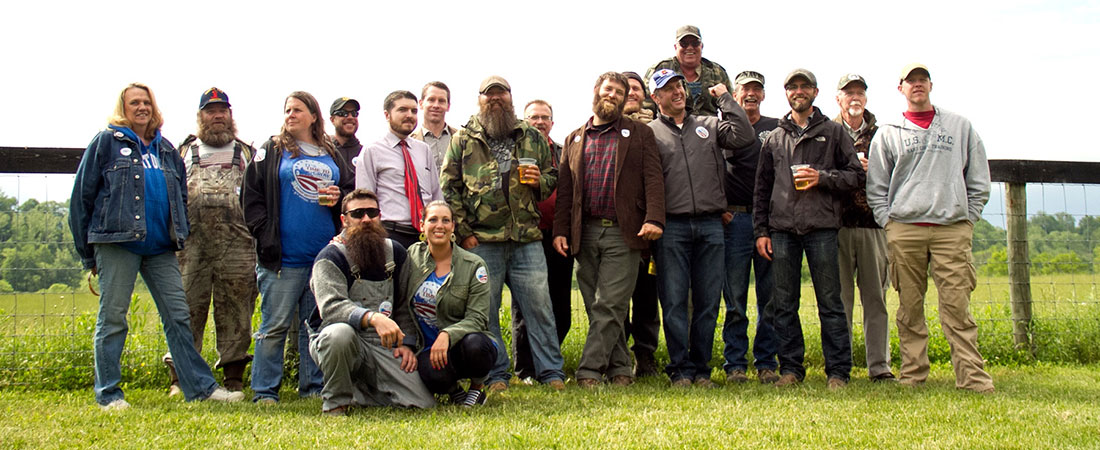
Activists, farmers, and lawmakers gather at a rural farm in Rockcastle county in Eastern Kentucky, some of whom have been working towards the right to plant industrial hemp for decades. All sub-species of the Cannabis plant were made illegal in 1938, and progress to re-legalize the plant has peaked and troughed for over 20 years. In 1996, Kentucky-born actor Woody Harrelson famously planted four hemp seeds, enough to be arrested and charged with misdemeanor possession. The failed media stunt was an attempt to get the Supreme Court to declassify hemp as a drug. Of course, regardless of these dangers, it’s no secret that the hemp industry is booming. Nowadays there are even businesses dedicated to helping growers optimise their crop like mjfreeway.com. Growing cabinets are also increasing in popularity. With urban sprawl and climate change reshaping the world as we know it, alternative gardening solutions are beginning to appear and the hemp industry is just one of many spheres reaping the benefits. To find out more about growing cabinets, read about SuperCloset at Herb CEO. Thanks to developments in both cultivation and manufacturing, cannabis can also be enjoyed in more ways than ever before. From CBD candy such as these gummies available from CBD Nationwide, to tinctures and topicals – the possibilities truly are endless.

But last week in Kentucky, the legal battle heated up again when the Department of Agriculture sued the federal government after the DEA seized 250 pounds of hemp seeds shipped to the University of Kentucky from Italy. Now, other states interested in industrial hemp are watching the precedent that this case sets very closely. While the root of hemp cultivation in America can be traced to this region, the resurgence of an industry is now reliant on its success.
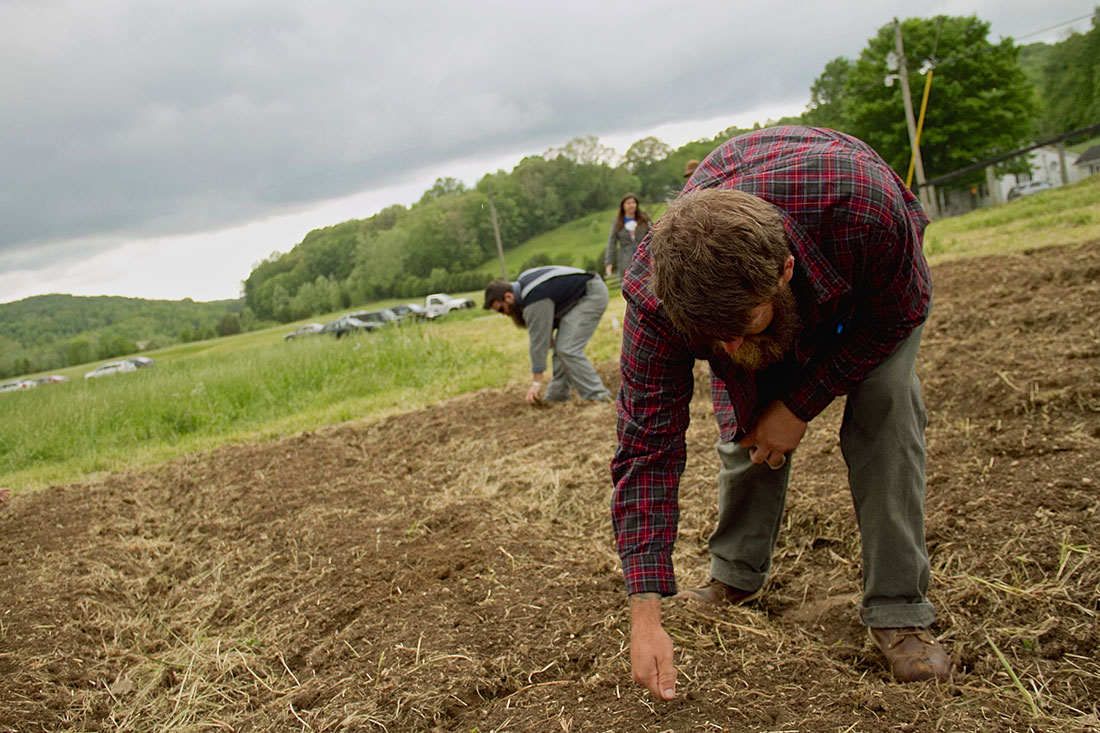
The pilot project in Rockcastle County is one of six that have currently registered through the University of Kentucky to grow experimental hemp crops in accordance with the 2014 Farm Bill. Its focus is the collaboration between the State-led program Homegrown by Heroes, the non-profit Growing Warriors, Fibershed and Vote Hemp. Part of the crop will be blended with local Kentucky alpaca wool in a North Carolina mill, while other uses include reviving the tradition of weaving American flags with the fiber. The planting, harvesting and retting will be done on the farm by veteran farmers involved with Growing Warriors, the organization that currently leases the land.
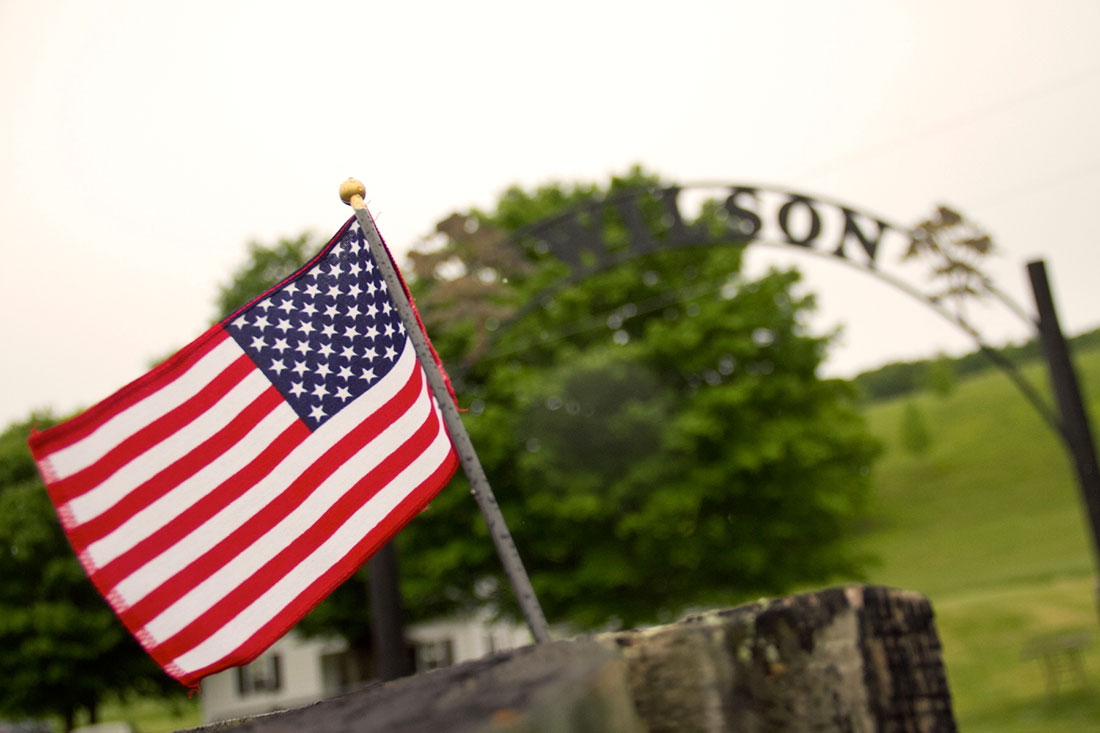
Veterans who find or are found by Growing Warriors are taught how to make farming their livelihood. The alarming unemployment rate of Veterans (up to 10% at times in 2013) and the rapidly declining number of farmers in the United States makes the Growing Warriors mission a strong one. This organization treats the lack of food security facing our nation as an issue of national security, and empowers veterans to make the change they think is necessary in this country by creating real financial opportunity in small-scale agriculture.
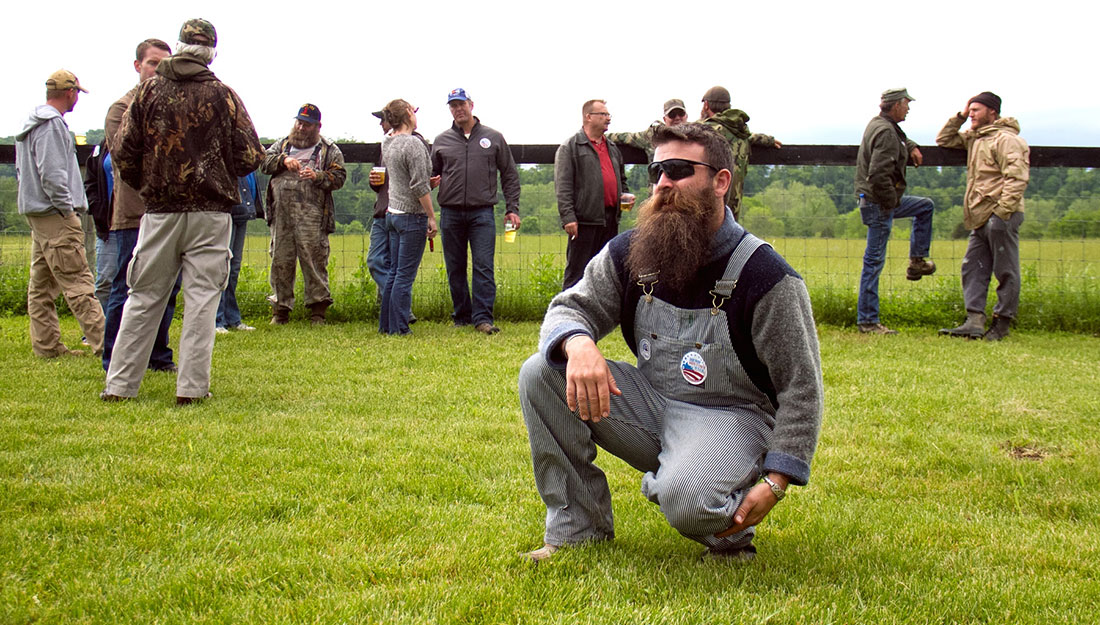
Fred Lewis, Service Director at Growing Warriors (above in foreground), states that it also becomes more than just farming. “Part of the void we feel after being in the military is the lack of service. Every day you serve along side your brothers towards a common goal. Farming allows us to serve Americans by providing food and stewarding our land at the same time.â€
Mike Lewis, Executive Director at Growing Warriors, below.
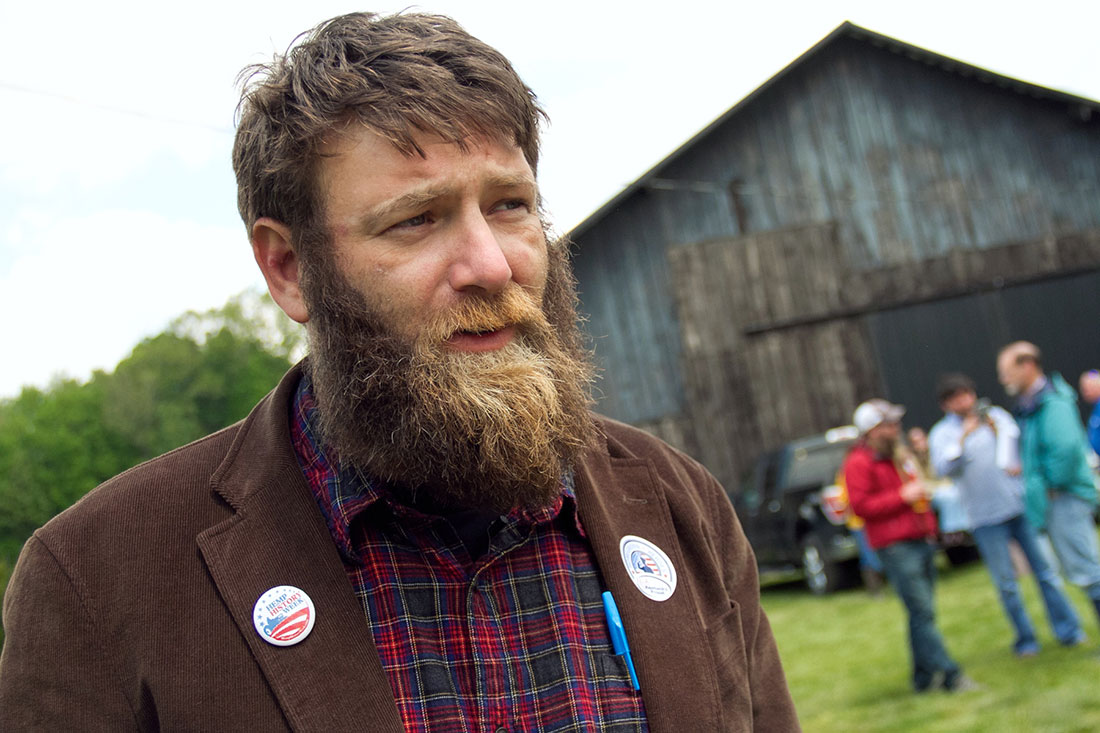
Kentucky once dominated the market for cultivating hemp in the mid 1800s, and continued to be a major producer through the mid 1900s. There was once a time in America’s history where it was illegal for colonial farmers not to grow hemp because of the country’s demand for it. Now, the product is found in our clothing, grocery stores, as biodiesel, and even as a regenerative substitute for some automotive plastics across America. As laws are changing, we study how to make hemp more economically feasible in the apparel industry to reinvigorate that demand.
Here’s a video from the planting day:
